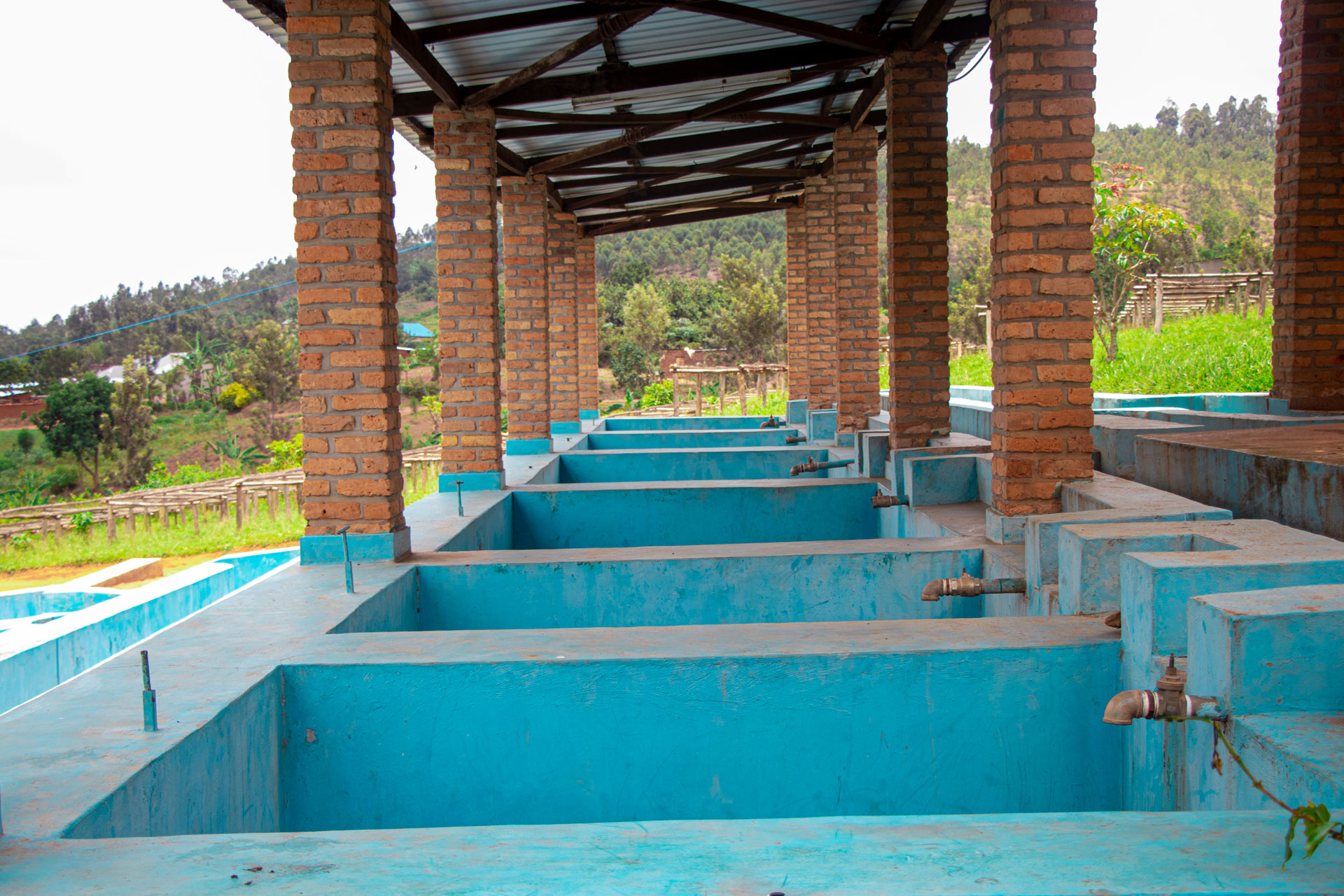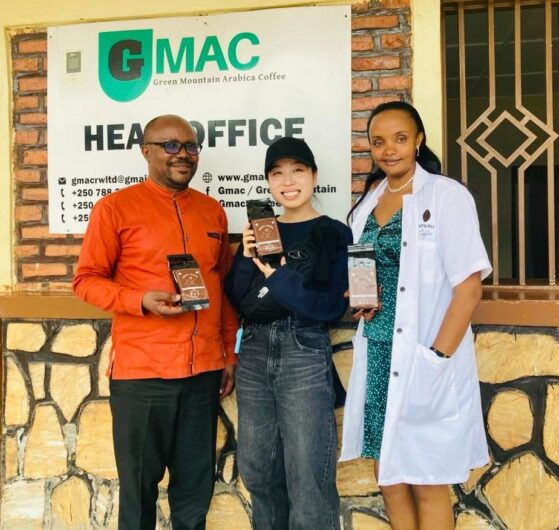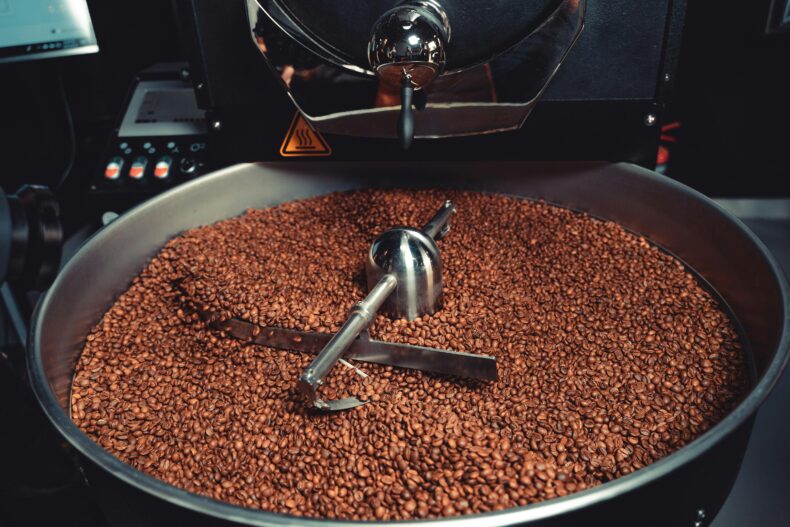
Coffee is generally wet processed throughout the country. This is largely thanks to modern efforts to invest time, effort, and resources into developing communal washing stations for the countless micro-crops of coffee cherries that require processing each year.
In this video you can check our washing station (gmac) and how it is done:
The numerous small farms involved in the business cannot create large, individual washing stations like the great coffee estates throughout the world do. This is because most farmers only grow coffee as a part-time side gig, generally using the rest of their farms to grow food.
Therefore, the investment into these washing stations has paid off, as access to decent washing facilities has helped raise the quantity and quality of Rwandan coffee to a whole new level.



